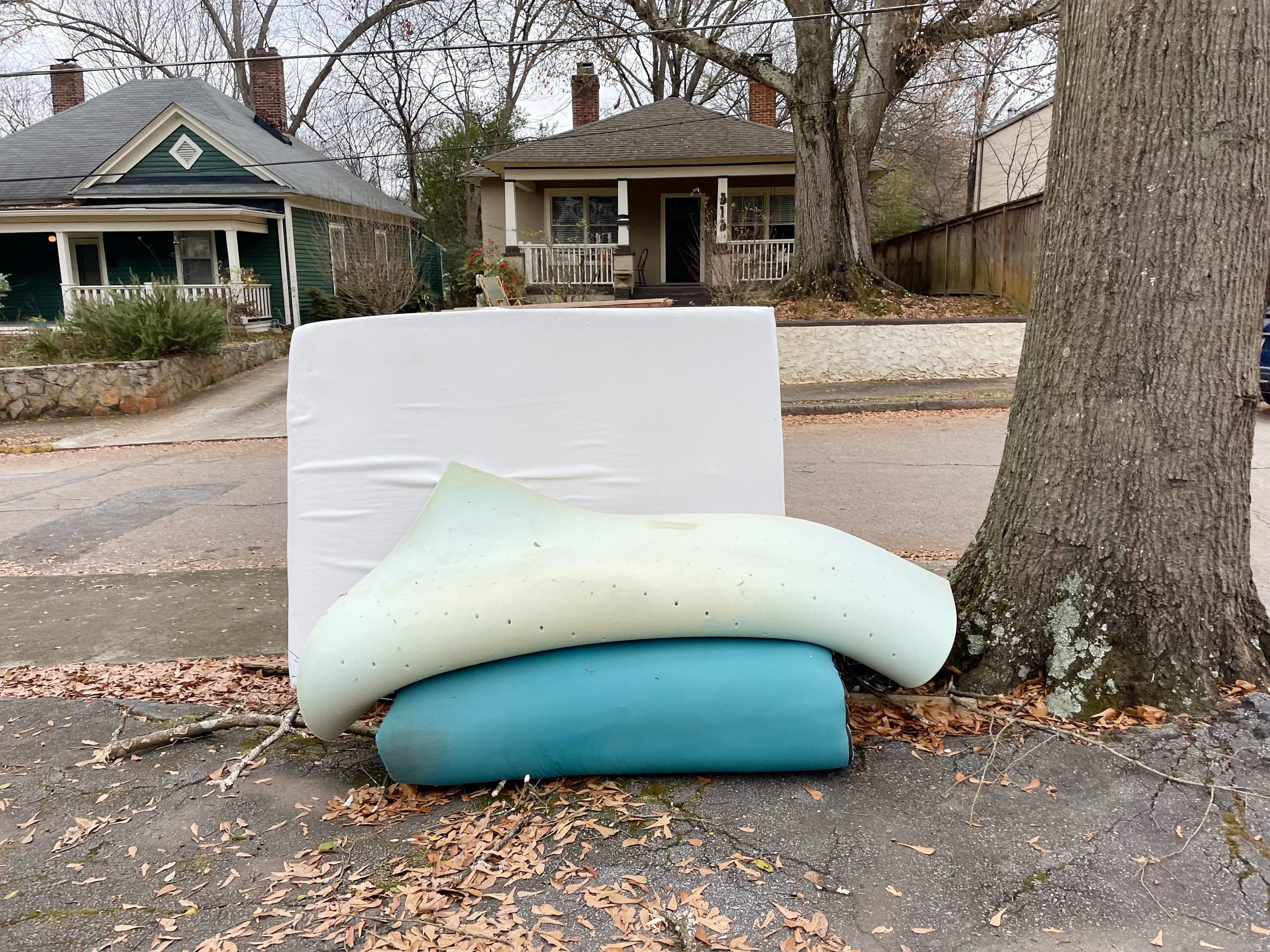With one of his first pen strokes as Atlanta’s new mayor, Andre Dickens refreshed an executive order from Keisha Lance Bottoms’ administration that bars landlords managing city-funded properties from evicting renters.
The order, enacted at the beginning of the pandemic, effects a temporary eviction moratorium for residential properties funded by Atlanta Housing, Atlanta Beltline, Inc., the Fulton County/City of Atlanta Land Bank Authority, Invest Atlanta, Partners for Home, and the city’s Department of Grants and Community Development.
The mandate shields 28,534 households from potential displacement amid the pandemic, according to the city’s director of housing and community development, Joshua Humphries. Most are subsidized by Atlanta Housing, the city’s public housing authority, or Invest Atlanta, its economic development arm.
Many units are what city leaders consider “affordable,” meaning they’re priced below 80% of the area median income (AMI). But others are market-rate units in private developments that have received financial backing from the city, Humphries told Atlanta Civic Circle, which means the eviction ban protects some people who don’t need it.
“For Invest Atlanta properties, for example, it could be that just 10% or 20% of the units are affordable,” he said, referring to private developments that include a portion of units priced for lower-income renters.
Although the moratorium protects almost 30,000 renters from eviction, it leaves even more Atlantans, many struggling to pay rent, without such a safeguard.
But that’s not the city’s fault. Local eviction courts are run by counties, not municipalities, so this is the best Atlanta can do to stave off eviction filings.
In the pandemic’s early days, a nationwide eviction moratorium helped renters avoid losing their homes. But it expired in August, when the U.S. Supreme Court effectively killed the measure, sending millions scrambling for federal rental assistance money and other sources of protection.
No Georgia counties, except briefly for DeKalb County, are believed to have enacted eviction moratoriums. That means Atlanta renters whose finances and housing stability are threatened by the pandemic must instead rely on state and local emergency rental assistance (ERA) programs funded by the federal government.
DeKalb County briefly enacted its own eviction ban after a cyberattack in March crippled its ERA program, but it expired Sept. 29. Atlanta’s largest county, Fulton County, never enacted a moratorium on evictions. The lack of countywide eviction bans has further strained local and state ERA programs.
Lawyers and housing experts have told Atlanta Civic Circle that county and even statewide eviction moratoria are needed to ward off a possible wave of evictions, but Georgia lawmakers have not expressed any appetite for such measures.



Leave a comment